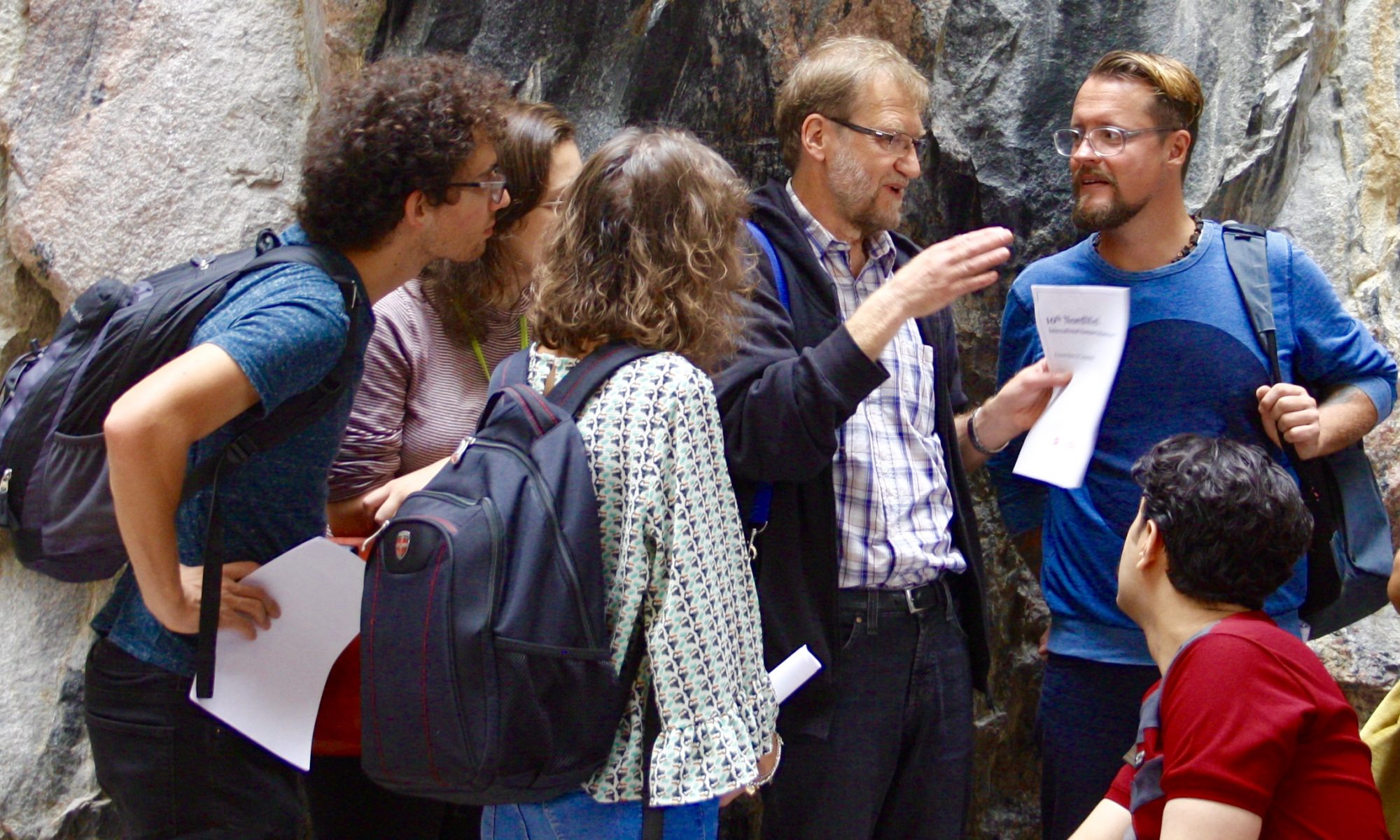Religion, Lutheranism and the NordicWelfare State Model
Dating back to the pioneering work of Max Weber, over the last 5-10 years researchers have found renewed interest in the discussion of the religious elements in the welfare state. The influence of Lutheranism has been seen as a much wider cultural and mental phenomenon than direct operations of the church. Internationally, attention has been drawn towards integrating religion in the existing welfare state typology and in establishing a pattern founded on religion. Once again the Nordic countries have attracted attention as they are to a great majority Lutheran countries and at the same time represent a distinct welfare model.
Nordic researchers have discussed this aspect either as a very general explanation (as part of a “Nordic Sonderweg” to modernity), as part of a historical-institutional explanation (seeing the church as a capacity of the early state) or as part of the social and normative foundation of the welfare state (daily work as a fulfilment of vocation and the concept of a priesthood of all believers promoting a culture of equality).
Further studies in these fields will make it possible to include questions on contemporary challenges which most certainly will highlight religious and cultural issues related to integration, immigration and multicultural societies. Nordic comparisons will add significantly to this ongoing international discussion and will also make it possible also to study national variations within the Nordic welfare model (e.g. marriage law and family policies, variations within the Lutheran churches, labour movement and religion).
